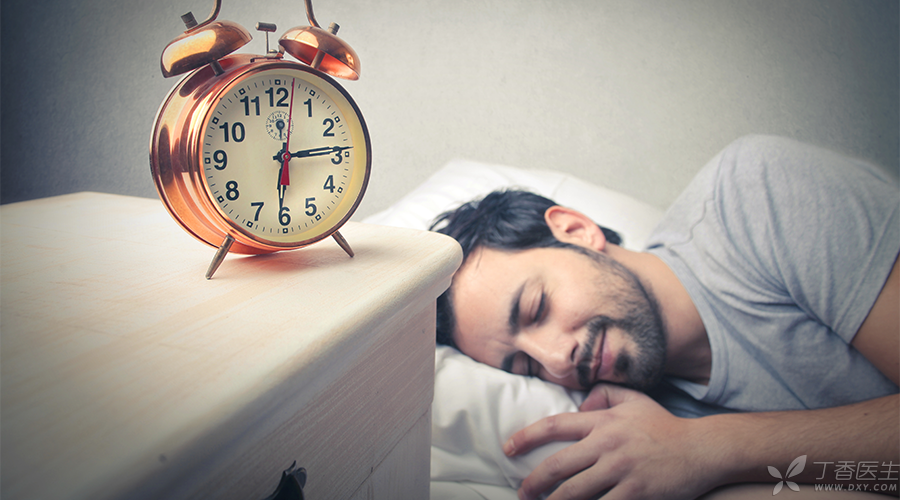People need to sleep eight hours a day.
This sentence may have been heard by everyone since childhood.
Although Dr. Clove understands what everyone means is to sleep enough at night, how is it right to sleep for these 8 hours?
Is the effect the same as that of sleeping at 7 o’clock at 11 o’clock and 10 o’clock at 2 o’clock?

Only in terms of time, it is the same.
At present, there are two recognized factors that regulate sleep, namely [biological clock] and [sleep self-balance].
In popular terms, good sleep has two characteristics: one is to sleep regularly, and the other is to sleep enough.
If the biological clock is irregular, it will affect the physical state. However, if you don’t have enough time, you will easily feel tired.
In this way, if one person sleeps at 2: 00 a.m. and starts at 10: 00 noon every day, while the other person sleeps at 11: 00 p.m. and starts at 7: 00 a.m. every day, it actually meets the two characteristics of good sleep.
However, Dr. Clove also wants to emphasize one point: the environmental factor that has the greatest impact on the biological clock is light.
Therefore, if you have to sleep from 2 o’clock to 10 o’clock every day, make sure the room is dark enough when you sleep and bright enough when you wake up, so as to establish a good cycle.
Sleep 6 hours today and 10 hours tomorrow, with an average of 8 hours. Is the effect the same?

Theoretically, the effect is similar.
For problems caused by not sleeping well for an occasional night, a full rest the next day can help you recover.
However, if you often only sleep for 6 hours or less and expect to make up for it the next day, it is like [a hungry meal and a full meal], which will definitely disturb the biological clock.
In the long run, other physical problems cannot be solved by sleeping.
Therefore, Dr. Clove suggested that everyone should get into the habit of sleeping enough for a fixed period of time, otherwise it would be quite tiring to count on the watch every day, right?
Sleep for 4 hours at night and take a nap for 4 hours. Does this look OK?

If the environment is quiet enough and dark enough during the nap, and you set the alarm clock, you can still stick to it every day, Dr. Clove thinks it is OK.
Similarly, 7 hours of sleep at night, 1 hour of nap, 6 hours of sleep at night, 2 hours of nap, 5 hours of sleep at night, 3 hours of nap… As long as it is regular and elegant sleep, it is theoretically feasible.
But the key is…
It is easy to feel sleepy after taking a nap for more than one hour, and this problem does not count at all as Dr. Clove said. Does your boss agree?
Really, you don’t have to sleep for 8 hours.
Although we Chinese all like the number 8 very much, sleep time and [8 hours] are not made for each other.
Some people sleep 9 hours a day, while others only sleep 7 hours a day to recover.
According to the latest research recommendation of the American Sleep Foundation:
- Adults aged 18-64 sleep 7-9 hours a day. Elderly people over 65 sleep 7-8 hours a day.
So in the end, whether you sleep well or not must be judged according to your own feelings. Even if you don’t sleep for 8 hours, if you wake up the next day and are still energetic, then you don’t have to be too hard.
After all, people who struggle with 8, 8 and 8 all day are more likely to sleep poorly.
